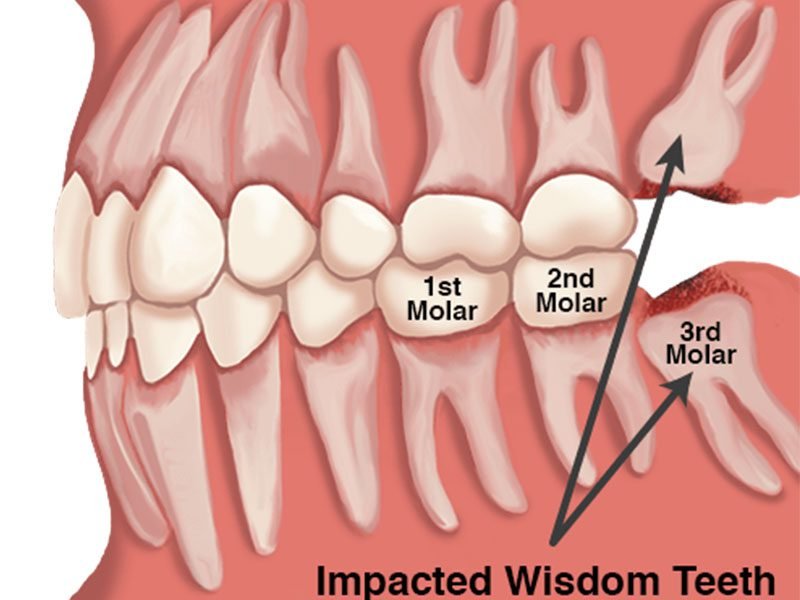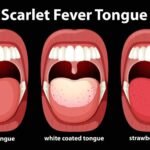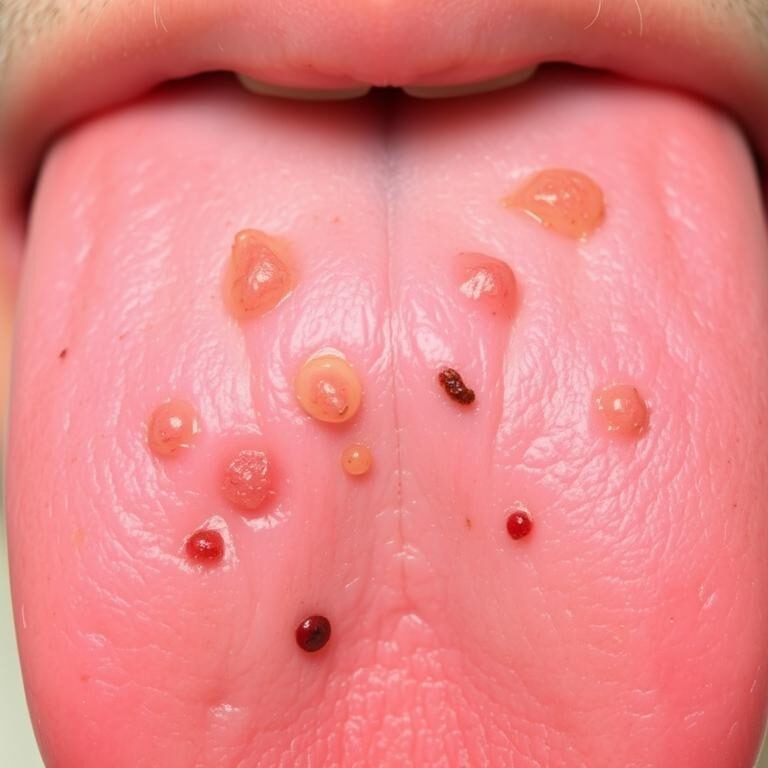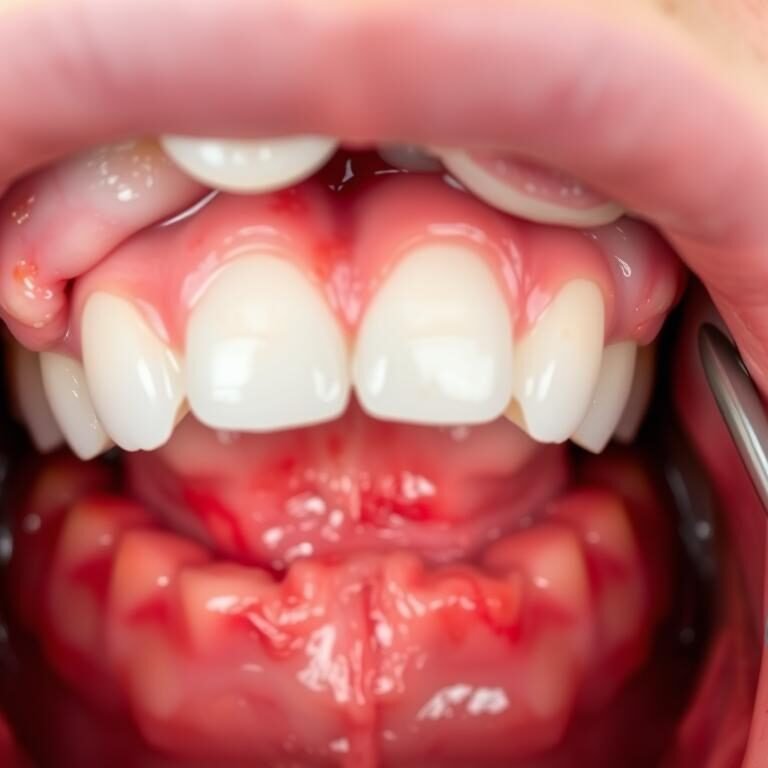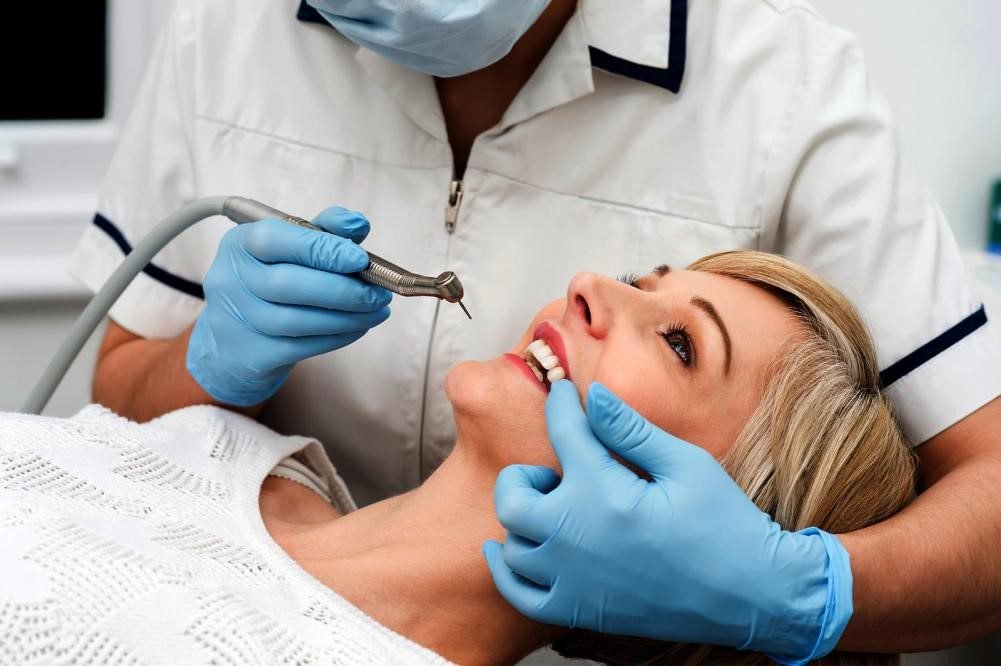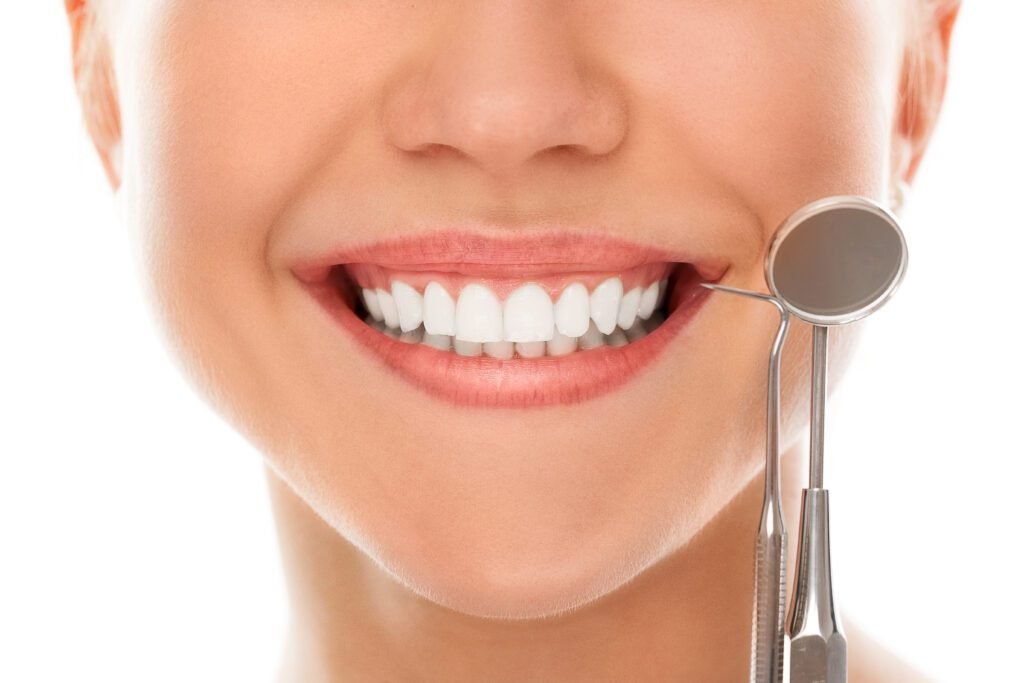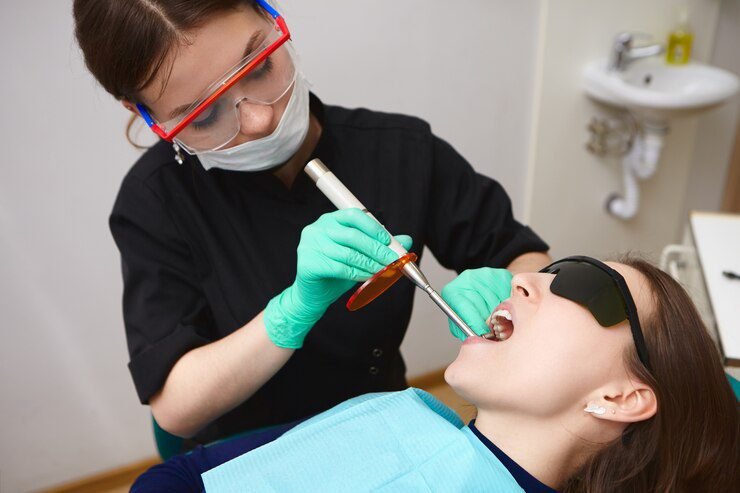Table of Contents
Understanding the Purpose of Wisdom Teeth
Wisdom teeth, also known as third molars, are the set of teeth that typically erupt in the late teenage years or early twenties. These molars are located at the very back of the mouth, one on each side of the upper and lower jaws. Understanding the purpose of wisdom teeth is essential in comprehending their significance in oral health.
Although wisdom teeth served a purpose in our ancestors’ diets, they are now considered vestigial organs that have lost their original function. The evolution of human jaws and changes in dietary habits have rendered these additional molars unnecessary for chewing and processing food. Consequently, many individuals have insufficient space in their mouths to accommodate the eruption of wisdom teeth, leading to a range of oral health problems. Therefore, it is vital to grasp the purpose of wisdom teeth and the implications they can have on overall dental well-being.

The Role of Wisdom Teeth in Oral Health
Wisdom teeth, also known as third molars, are the final set of molars that typically erupt between the ages of 17 and 25. However, in many cases, these teeth can cause a variety of oral health problems. The role of wisdom teeth in oral health is a subject of much debate among dental professionals. Some argue that these teeth have lost their evolutionary purpose in modern humans, while others believe they can still serve a function if they erupt properly.
One of the main concerns with wisdom teeth is that they often become impacted, meaning they do not have enough space to fully emerge or grow in the correct position. This can lead to a variety of complications, including pain, infection, and damage to surrounding teeth. In fact, impacted wisdom teeth are a common cause of dental crowding, a condition where the teeth become overcrowded and misaligned. This can not only affect the appearance of your smile but also make it difficult to properly clean your back teeth, increasing the risk of tooth decay and gum disease.
Potential Complications Associated with Wisdom Teeth
Wisdom teeth, also known as third molars, can often lead to potential complications if they do not properly align with the rest of the teeth in the mouth. One of the common complications is impaction, where the wisdom tooth is unable to fully emerge from the gum tissue. This can cause pain, swelling, and discomfort, and it may also lead to infection or damage to neighboring teeth.
In addition to impaction, wisdom teeth can also cause overcrowding in the mouth. When there is not enough space for the wisdom teeth to come in, they may push against the adjacent teeth and disrupt their alignment. This can result in misalignment of the bite, difficulty in proper cleaning of the back teeth, and an increased risk of tooth decay and gum disease.
It is important to be aware of these potential complications associated with wisdom teeth. Regular dental check-ups and evaluations can help identify any issues early on and allow for appropriate treatment options. If you experience persistent jaw pain, difficulty in cleaning your back teeth, or notice signs of gum inflammation, it is essential to seek professional advice from a qualified oral surgeon. They can assess the situation and determine if wisdom teeth extraction is necessary to prevent further complications and maintain optimal oral health.
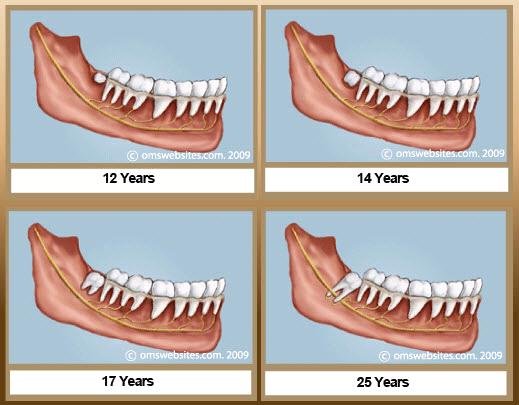
Evaluating Your Wisdom Teeth: Early Warning Signs
Evaluating the condition of your wisdom teeth is an essential step in maintaining good oral health. By being aware of the early warning signs, you can address any potential issues before they escalate into more significant problems.
One common warning sign is persistent pain in the back of your mouth. This can be an indication that your wisdom teeth are causing crowding or pushing against your other teeth. Additionally, if you experience swelling or redness around the gum area where your wisdom teeth are erupting, it could suggest inflammation or infection. Other warning signs to consider include difficulty in cleaning your back teeth properly, as wisdom teeth are often challenging to reach with a toothbrush or floss, and the presence of bad breath that persists despite good oral hygiene habits.
Understanding these early warning signs can help you to identify any potential issues with your wisdom teeth. If you notice any of these signs, it is important to consult with a qualified oral surgeon or dentist who can evaluate your situation and provide appropriate advice or treatment. Remember, early detection and intervention can significantly reduce the risk of complications and maintain your oral health in the long term. So, do not ignore these warning signs and take proactive steps towards evaluating your wisdom teeth.
Persistent Jaw Pain: A Sign to Consider
Persistent jaw pain can be a sign that your wisdom teeth are causing complications. Wisdom teeth, also known as third molars, typically erupt between the ages of 17 and 25. While some individuals may experience no issues with their wisdom teeth, others may experience pain and discomfort due to various factors such as impaction, crowding, or infection.
One common cause of persistent jaw pain is impaction, which occurs when the wisdom teeth do not have enough space to fully emerge or align properly with the rest of the mouth. This can lead to them becoming trapped beneath the gum line, causing pressure on the surrounding teeth and tissues. As a result, you may experience swelling, tenderness, and difficulty opening your mouth fully. If you are experiencing persistent jaw pain that is interfering with your daily activities, it is important to consult with a dental professional to determine whether your wisdom teeth are the culprit and to explore the appropriate treatment options.

Recognizing Dental Crowding as a Red Flag
Dental crowding is a common issue that can occur when there isn’t enough space in the mouth for the wisdom teeth to properly erupt. This can lead to a range of problems, including pain, tooth misalignment, and difficulty in keeping the teeth clean. If you notice any signs of your teeth becoming crowded, it is important to recognize it as a red flag and seek professional dental advice.
One of the main indicators of dental crowding is when the wisdom teeth start pushing against the neighboring teeth, causing them to shift out of alignment. This can result in a crooked or overcrowded smile, which can affect your appearance and confidence. Additionally, crowded teeth can make it challenging to clean between the teeth effectively, leading to an increased risk of tooth decay, gum disease, and other oral health issues. It is crucial to address dental crowding early on, as it can worsen over time and potentially impact the alignment and health of your entire mouth.
Gum Inflammation and Wisdom Teeth: What You Should Know
Gum inflammation, also known as gingivitis, is a common oral health problem that can be associated with the presence of wisdom teeth. When wisdom teeth begin to emerge, they can become impacted or partially erupted, creating pockets where bacteria can thrive. These pockets can be difficult to clean properly, leading to the accumulation of plaque and tartar along the gum line.
The presence of bacteria, plaque, and tartar can irritate the gums, causing them to become red, swollen, and tender. This inflammation is the body’s response to the presence of harmful substances, and if left untreated, it can progress to a more severe form of gum disease called periodontitis. In addition to gum inflammation, symptoms such as bleeding gums, bad breath, and a bad taste in the mouth may also be present.
| Topic | Gum Inflammation | Wisdom Teeth |
|---|---|---|
| Definition | Gum inflammation, also known as gingivitis, is the initial stage of gum disease characterized by redness, swelling, and bleeding gums. | Wisdom teeth are the third set of molars that typically emerge between the ages of 17 and 25. |
| Causes | Poor oral hygiene, plaque buildup, smoking, hormonal changes, certain medications, and genetic predisposition. | Lack of space in the jaw, causing wisdom teeth to become impacted, grow sideways, or partially emerge. |
| Symptoms | Red, swollen, and tender gums; bleeding gums during brushing or flossing; bad breath; receding gums. | Pain or discomfort at the back of the mouth, swelling of the gums around the wisdom tooth, difficulty opening the mouth. |
| Complications | If left untreated, gingivitis can progress to periodontitis, which can lead to tooth loss and other health issues. | Impacted wisdom teeth can cause infections, cysts, damage to adjacent teeth, misalignment, and pain. |
| Prevention and Treatment | Good oral hygiene practices, regular dental check-ups and cleanings, proper brushing and flossing techniques, and avoiding smoking. | Monitoring wisdom teeth through dental exams, managing symptoms with pain relievers and mouth rinses, and extracting problematic wisdom teeth. |
Difficulty in Properly Cleaning Your Back Teeth
Proper oral hygiene is essential for a healthy mouth, and that includes the diligent cleaning of all our teeth, including those hard-to-reach back teeth. Unfortunately, many individuals experience difficulties in effectively cleaning their back teeth, putting themselves at risk for various oral health issues.
The back teeth, also known as molars and often where wisdom teeth reside, have complex surfaces with grooves and crevices. These areas can easily trap food particles and bacteria, leading to plaque buildup and ultimately, tooth decay. Furthermore, the difficulty in accessing these areas with a toothbrush and floss can hinder proper cleaning.
Inadequate cleaning of the back teeth can result in cavities, gum inflammation, and even tooth loss. To ensure thorough oral care, it is crucial to adopt proper brushing and flossing techniques and seek professional dental cleanings regularly. Professional dental care can help address the challenges of cleaning the back teeth, preventing potential oral health complications in the long run.
Assessing the Risk of Infections Around Wisdom Teeth
Infections around wisdom teeth can pose serious risks to oral health. When the third molars, commonly known as wisdom teeth, do not fully emerge or are impacted, they become breeding grounds for bacteria. This can lead to the development of infections, such as pericoronitis and abscesses, which can cause pain, swelling, and difficulty in opening the mouth. Assessing the risk of infections around wisdom teeth is crucial in order to prevent potentially devastating consequences.
One of the factors that increase the risk of infections is poor oral hygiene. When wisdom teeth are located at the back of the mouth, they can be difficult to clean properly, especially if they are partially erupted or impacted. The accumulation of plaque and debris in the surrounding gum tissue creates an ideal environment for bacteria to thrive. Additionally, the presence of wisdom teeth can lead to gum inflammation and may contribute to the development of periodontal disease. Regular evaluation by a dental professional is essential to assess the cleanliness and health of wisdom teeth and to identify any signs of infection early on.
Exploring the Relationship Between Sinus Issues and Wisdom Teeth
Sinus issues can often be attributed to various factors, and one potential contributor may surprise you: wisdom teeth. The relationship between sinus issues and wisdom teeth is not well-known among the general public, but it is a subject of interest within the dental community.
The maxillary sinus, also known as the “sinus” or “air space,” is located in the skull just above the upper teeth. In some cases, the roots of the upper wisdom teeth can extend into the maxillary sinus. This proximity can lead to complications, as the pressure exerted by the impacted wisdom teeth can cause irritation and inflammation in the sinus cavity. As a result, individuals may experience symptoms such as nasal congestion, facial pain, headaches, or even sinus infections.
| Aspect | Sinus Issues | Wisdom Teeth |
|---|---|---|
| Location | Sinuses are located in the facial bones around the nose area. | Wisdom teeth are located at the back of the mouth, behind molars. |
| Symptoms | Sinus issues can cause symptoms like nasal congestion, sinus pressure, facial pain, headache, and post-nasal drip. | Wisdom teeth issues can cause pain, swelling, infection, and difficulty opening the mouth. |
| Relationship | Sinus issues can sometimes cause pain or pressure in the upper teeth due to their proximity to the sinus cavities. Sinus infections can also lead to tooth pain or sensitivity in the upper teeth. | Wisdom teeth that are impacted (unable to fully emerge) can cause pressure on the surrounding gums and jawbone, sometimes leading to sinus pressure or headaches. |
| Diagnosis | Sinus issues are diagnosed through physical examination, medical history, imaging tests like X-rays, and sometimes nasal endoscopy. | Wisdom teeth issues are diagnosed through dental examination, X-rays, and assessment of symptoms. |
| Treatment | Treatment for sinus issues may include decongestants, nasal irrigation, antibiotics (for infections), and in severe cases, sinus surgery. | Treatment for problematic wisdom teeth may involve extraction, especially if they are causing pain, infection, or crowding issues. |
| Complications | Chronic sinus issues may lead to recurrent infections, nasal polyps, and in severe cases, complications like sinusitis. | Complications from impacted wisdom teeth can include infection, cyst formation, damage to surrounding teeth, and discomfort. |
| Relation to Oral Health | Sinus issues can indirectly affect oral health by causing referred pain to the teeth, but they are not directly related to tooth development or eruption. | Wisdom teeth are a part of oral health and can impact the alignment and health of surrounding teeth if they do not erupt properly or if they cause crowding. |
Nerve Damage: A Serious Concern with Wisdom Teeth
Nerve damage is a serious concern when it comes to wisdom teeth extraction. The proximity of the nerve to the roots of the wisdom teeth makes it vulnerable to injury during the extraction process. The nerve that is most commonly affected is called the inferior alveolar nerve, which supplies sensation to the lower lip, chin, and tongue.
Although nerve damage during wisdom teeth removal is rare, it can have significant consequences. Symptoms of nerve damage may include numbness or tingling in the affected area, altered sensation, or even loss of sensation altogether. In severe cases, the damage may be permanent, leading to long-term impairment of speech, eating, and other daily activities.
Understanding the Connection Between Wisdom Teeth and Cavities
Wisdom teeth, also known as third molars, are the last set of teeth to develop in the back corners of the mouth. While not everyone will experience issues with their wisdom teeth, there is a strong connection between wisdom teeth and cavities that should not be overlooked.
One of the main reasons why wisdom teeth are more prone to cavities is their location. Due to their position at the back of the mouth, these teeth can be difficult to reach when it comes to brushing and flossing. As a result, food particles and plaque can easily accumulate in the crevices and spaces around the wisdom teeth, leading to the formation of cavities. Additionally, wisdom teeth often come in at an angle or without enough space in the jaw, which can further complicate oral hygiene practices and increase the risk of cavities.
To prevent cavities associated with wisdom teeth, it is crucial to maintain good oral hygiene practices such as regular brushing, flossing, and using mouthwash. However, even with diligent care, it may be challenging to effectively clean the areas around wisdom teeth. This is why it is essential to have regular dental check-ups and cleanings, as your dentist can provide professional cleanings and monitor the condition of your wisdom teeth. In some cases, extraction may be recommended to prevent further complications and avoid the risk of cavities. Consulting with a qualified oral surgeon will help you make an informed decision about the best course of action for your oral health.
In conclusion, the relationship between wisdom teeth and cavities should not be overlooked. Due to their location and potential difficulties in oral hygiene practices, wisdom teeth are more prone to cavities. Maintaining good oral hygiene, regular dental check-ups, and proper professional guidance can help prevent cavities related to wisdom teeth and ensure long-term oral health.
Assessing the Impact of Impacted Wisdom Teeth
Impacted wisdom teeth can have a significant impact on oral health. When wisdom teeth do not properly erupt through the gums or jawbone, they are considered impacted. This can occur due to various factors such as lack of space in the mouth or the teeth growing in at an angle. The impact of impacted wisdom teeth can cause a range of issues.
One of the main concerns with impacted wisdom teeth is the potential for infection. When the wisdom teeth do not fully emerge, it creates an opening in the gums, which can easily trap food particles and bacteria. This can lead to the development of gum disease, as well as infections around the impacted teeth. In severe cases, the infection can spread to other parts of the mouth or even the bloodstream, posing a serious health risk. Therefore, it is crucial to assess the impact of impacted wisdom teeth and take appropriate measures to prevent complications.
The Importance of Regular Dental Check-ups for Wisdom Teeth Evaluation
Regular dental check-ups are crucial for the evaluation of wisdom teeth. These routine examinations allow dentists to monitor the development and positioning of these third molars, which typically emerge between the ages of 17 and 25. Wisdom teeth often present unique challenges due to their late eruption, potential complications, and their close proximity to surrounding structures such as nerves and sinuses. Therefore, regular dental check-ups provide an opportunity for early detection of any issues related to wisdom teeth, allowing for timely intervention and appropriate treatment.
During regular dental check-ups, dentists perform a thorough examination of the mouth, including a visual assessment, X-rays, and diagnostic tests as needed. This comprehensive evaluation enables dentists to assess the eruption pattern, alignment, and overall health of wisdom teeth. They can identify warning signs of potential problems such as impaction, crowding, cavities, and infections. Additionally, dentists evaluate the surrounding structures, such as the neighboring teeth, gums, and jaw, to ensure the wisdom teeth are not causing any detrimental effects. By attending regular dental check-ups, individuals can stay informed about the status of their wisdom teeth and make informed decisions regarding their oral health.
Seeking Professional Advice: Choosing a Qualified Oral Surgeon
Finding a qualified oral surgeon to handle your wisdom teeth extraction is crucial for a successful and safe procedure. With the abundance of oral surgeons available, it can be overwhelming to make the right choice. However, by considering a few key factors, you can ensure that you select a professional who is well-equipped to handle your specific needs.
First and foremost, it is essential to choose an oral surgeon who has the necessary qualifications and certifications. Look for someone who is board-certified and has undergone extensive training in oral and maxillofacial surgery. This will ensure that they have received the proper education and have a thorough understanding of the complexities of wisdom teeth extractions.
In addition to qualifications, experience plays a significant role in selecting an oral surgeon. Look for someone who has a proven track record in performing wisdom teeth extractions. Ask about their experience with similar cases to yours and inquire about any possible complications they have encountered and how they have handled them.
Another aspect to consider is the facility where the procedure will take place. Make sure that the oral surgeon operates in a well-equipped and accredited clinic or hospital. This will ensure that they have access to the necessary tools and technologies to carry out the extraction safely.
A crucial factor in your decision-making process should be the communication and rapport you establish with the oral surgeon. It is important to feel comfortable discussing your concerns, asking questions, and receiving clear explanations. A good oral surgeon will take the time to listen to your needs, address any doubts you may have, and guide you through the entire process, ensuring you are well-informed and confident before the procedure.
By taking the time to research and carefully select a qualified oral surgeon, you can ensure a smooth and successful wisdom teeth extraction. Remember to consider factors such as qualifications, experience, facility accreditation, and effective communication to make an informed decision.
The Decision-making Process: When to Consider Wisdom Teeth Extraction
The decision to consider wisdom teeth extraction is not one to be taken lightly. It is a complex decision-making process that requires careful evaluation of several factors. The first consideration is the age of the individual. Wisdom teeth typically begin to emerge between the ages of 17 to 25. It is important to monitor the growth and development of these teeth during this timeframe.
Another crucial factor to consider is the overall oral health of the individual. It is essential to assess if the wisdom teeth are causing any problems such as pain, infection, or damage to neighboring teeth. In some cases, if the wisdom teeth are impacted or growing in at an angle, they may cause crowding or create spaces that are difficult to clean effectively.
Additionally, the structure of the jaw plays a role in the decision-making process. If there is limited space in the jaw for the wisdom teeth to fully erupt, they may become impacted and pose a risk of complications. It is crucial to evaluate the positioning of the wisdom teeth and determine if they will cause any long-term issues.
In conclusion, the decision to consider wisdom teeth extraction involves evaluating factors such as age, oral health, and the structure of the jaw. It is essential to consult with a qualified oral surgeon who can assess the individual’s specific situation and provide professional guidance. Making an informed decision about wisdom teeth extraction ensures the maintenance of optimal oral health in the long run.
What is the purpose of wisdom teeth?
Wisdom teeth, also known as third molars, were historically used for chewing tough foods. However, due to the evolution of our diet and jaw structure, they are now considered vestigial and serve no significant purpose.
How do wisdom teeth affect oral health?
Wisdom teeth can sometimes cause complications, such as crowding, infections, cavities, gum inflammation, and nerve damage. Monitoring and evaluating their impact on oral health is crucial.
What are the early warning signs of problematic wisdom teeth?
Some early warning signs include persistent jaw pain, dental crowding, gum inflammation, difficulty in cleaning the back teeth, and recurring sinus issues.
Do I need to have my wisdom teeth extracted if I experience persistent jaw pain?
Persistent jaw pain can be a sign of impacted wisdom teeth or other dental issues. It is best to consult with a qualified oral surgeon to determine the cause and necessary treatment.
Can wisdom teeth cause dental crowding?
Yes, wisdom teeth can exert pressure on the surrounding teeth, causing crowding and misalignment. This can affect the overall alignment of your teeth and may require extraction.
How can wisdom teeth lead to gum inflammation?
Wisdom teeth often emerge partially or in an improper angle, creating spaces that are difficult to clean. This can lead to the buildup of plaque and bacteria, causing gum inflammation and infection.
Is it harder to clean wisdom teeth compared to other teeth?
Yes, cleaning wisdom teeth can be challenging due to their location at the back of the mouth. They are harder to reach with a toothbrush and floss, increasing the risk of cavities and gum disease.
What is the risk of infections around wisdom teeth?
Wisdom teeth that have not fully erupted can create pockets of space that trap food particles and bacteria, increasing the risk of infections like pericoronitis.
Can sinus issues be related to wisdom teeth?
Yes, impacted wisdom teeth in the upper jaw can cause pressure on the sinuses, leading to sinus pain, congestion, and recurring sinus infections.
How serious is nerve damage associated with wisdom teeth?
Nerve damage from wisdom teeth extraction is a rare but serious complication. It can cause numbness, tingling, or loss of sensation in the lips, tongue, or cheeks. Proper evaluation by an oral surgeon is necessary to minimize this risk.
Are wisdom teeth linked to an increased risk of cavities?
Yes, wisdom teeth are more challenging to clean, making them prone to cavities. Additionally, their location at the back of the mouth makes them more susceptible to decay due to limited access for proper oral hygiene.
Should impacted wisdom teeth always be extracted?
Whether impacted wisdom teeth should be extracted depends on various factors like the severity of impaction, associated symptoms, and potential risks. Consultation with an oral surgeon is crucial to determine the appropriate course of action.
How often should I have my wisdom teeth evaluated by a dentist?
Regular dental check-ups are essential to monitor the condition and position of wisdom teeth. Your dentist will assess their impact on your oral health and recommend extraction if necessary.
How do I choose a qualified oral surgeon for my wisdom teeth extraction?
When seeking professional advice, ensure that the oral surgeon you choose is qualified, experienced, and has a good reputation. Ask for recommendations, check their credentials, and schedule consultations to discuss your specific case.

